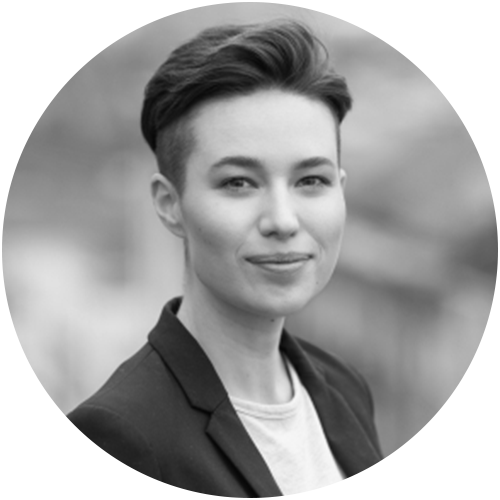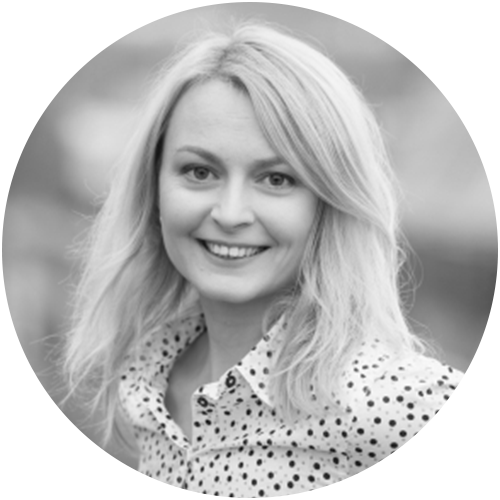

Equality and inclusion are important values and key principles underlying effective policy-making. They are also essential conditions for social fairness and resilience, as well as for thriving economies and sustainable competitiveness.

Research Manager
+37052620338
info@ppmi.ltHedvika has six years of experience in coordinating and implementing international research projects, from methodological design and fieldwork to analysis and reporting. At PPMI, she is responsible for project delivery, quality control and the management of large teams of experts in cross-country settings in the areas of gender, equality and social affairs. As an expert and policy analyst on gender, Hedvika contributes to various research activities and turns evidence into recommendations. She has worked with several EU institutions and bodies, such as the European Institute for Gender Equality, the European Commission and the European Parliament. Her aim is to position PPMI as a ‘go-to’ organisation for research-based advice aimed at integrating the perspective of gender equality and an intersectional approach into public policies and their management.

Research Manager
+37052620338
info@ppmi.ltLuka specialises in quantitative research on emerging technologies, employment and migration policy. At PPMI, she has overseen a number of large-scale surveys, cost-benefit analyses, evaluations, impact assessments and a randomised control trial. Luka translates difficult concepts into easy-to-understand messages with the help of data visualisation tools. During her career, she has collaborated with the European Commission, the UN, the World Bank and the Migration Observatory at the University of Oxford.

Research Director
+37052620338
info@ppmi.ltHanna has worked at PPMI since the beginning of 2011. Her main research interests and fields of work centre on education, children’s rights and well-being, migration, sustainable development, social inclusion and gender equality policies in Europe and beyond. She leads numerous studies covering education governance, educational assessment systems, school innovation and digital education, the professional development of teachers, inclusion and equity in education, education for sustainable development, and others. Hanna has led research projects commissioned by various Directorates-General of the European Commission, as well as the European Parliament, Eurofound, UNICEF, UNESCO and the ETF, covering various geographical regions including the EU, the Balkan countries, Eastern Partnership countries, the Caucasus and Central Asia, Africa. Hanna also currently serves as the Deputy Scientific Coordinator of the Network of experts on the social dimension of education and training (NESET), and the European Expert Network on Economics of Education (EENEE) – two key knowledge providers to the European Commission on various issues in education policy.
Economic and social inequalities in Europe in the aftermath of the COVID-19 pandemic
Development of tools for mainstreaming gender: preparatory work on gender-responsive evaluation
Gender equality and gender mainstreaming in the Covid-19 recovery
Second independent external evaluation of the European Institute for Gender Equality
Gender equality prospects in labour markets transformed by artificial intelligence and platform work
Educational toolkits for fighting gender stereotypes, based on the example of the transport sector
Study on the benefits of using Social Outcome Contracting in the provision of social services and interventions
Country factsheets for the EU Member States for the Gender Equality Index 2019